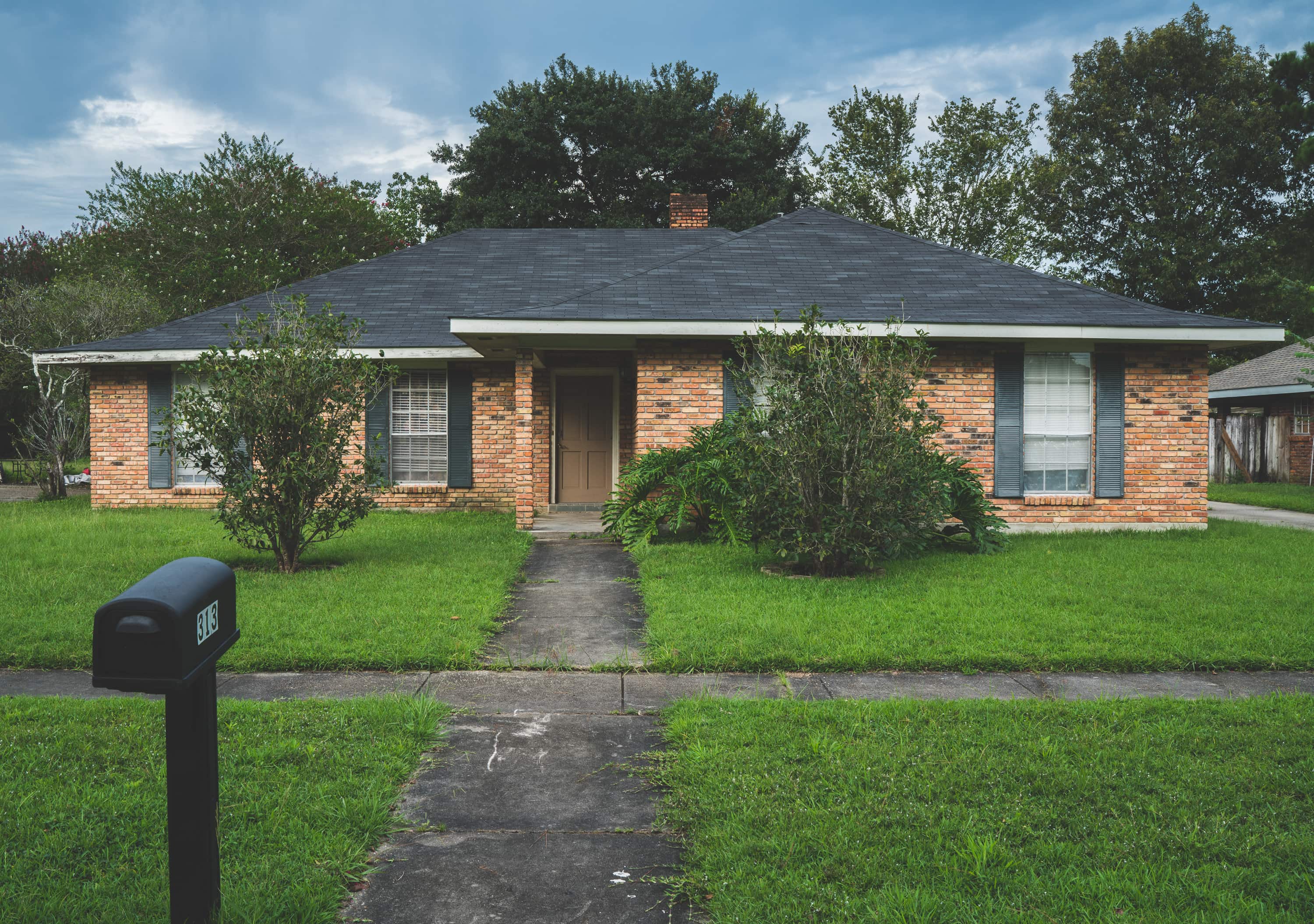

Oftentimes providing false information (such as a fake name) will disqualify protections under the GSL in many states. Corporate to the extent that the law requires you to and assist emergency personnel with the overdose situation and invoke your right to remain silent.
Misdemeanor Infractions protected; 2015
Under state law, a person cannot be prosecuted for any misdemeanor drug-related offense or an underage alcohol offense if law enforcement learned of it only because that person was seeking help for someone else. To qualify for this immunity, the person who seeks emergency assistance must:
Resources:
Possession and use protected; 2014
Resources:
Possession and use protected; 2023
Resources:
Resources:
Resources:
Resources:
Resources:
Resources:
Resources:
Protected for “certain drugs and paraphernalia”; 2022
Resources:
Resources:
Resources:
Resources:
Protected AND will not be persecuted by immigration or protective services; 2023
Resources:
Resources:
NO CIVILIAN DRUG INTERVENTION GOOD SAMARITAN LAWS
Resources:
Resources:
Resources:
Failure to seek assistance; 2018
A.(1) Any person at the scene of an emergency who knows that another person has suffered serious bodily injury shall, to the extent that the person can do so without danger or peril to self or others, give reasonable assistance to the injured person. Reasonable assistance includes immediately seeking or reporting the need for medical assistance from an appropriate authority.
Resources:
Protected from ALL (non-violent) drug crimes; 2022
Resources:
The purpose of the law is to encourage any person, regardless of age, who sees a person (or people) having a medical emergency brought on by drugs and/or alcohol, to seek medical assistance by calling 911, without the fear of arrest or prosecution for:
Calling 911 will NOT affect your parole or probation status.
The Good Samaritan Law also protects the person (or people) experiencing the emergency medical overdose from the same.
The law does not protect persons witnessing the medical emergency if they’re not helping with the medical emergency.
The law will not protect against arrest for open warrants or other crimes not listed above.
Resources:
Resources:
Duty to assist: Duty to assist. A person at the scene of an emergency who knows that another person is exposed to or has suffered grave physical harm shall, to the extent that the person can do so without danger or peril to self or others, give reasonable assistance to the exposed person. Reasonable assistance may include obtaining or attempting to obtain aid from law enforcement or medical personnel. A person who violates this subdivision is guilty of a petty misdemeanor.
General immunity from liability. (a) A person who, without compensation or the expectation of compensation, renders emergency care, advice, or assistance at the scene of an emergency or during transit to a location where professional medical care can be rendered, is not liable for any civil damages as a result of acts or omissions by that person in rendering the emergency care, advice, or assistance, unless the person acts in a willful and wanton or reckless manner in providing the care, advice, or assistance. This subdivision does not apply to a person rendering emergency care, advice, or assistance during the course of regular employment, and receiving compensation or expecting to receive compensation for rendering the care, advice, or assistance.
Resources:
Protected ONLY for use/possession, NOT for distribution/trafficking; 2023
Resources:
This law provides immunity from: Possession of a controlled substance (RSMO 579.015). Possession of drug paraphernalia (RSMO 579.074). Possession of an imitation controlled substance (RSMO 579.078). Keeping or maintaining a public nuisance (RSMO 579.105). Sale of alcohol to a minor (RSMO 311.310). Possession of an altered ID (RSMO 311.320). Purchase or possession of alcohol by a minor (RSMO 311.325). Violation of a restraining order. Violation of probation or parole.
Resources:
Resources: